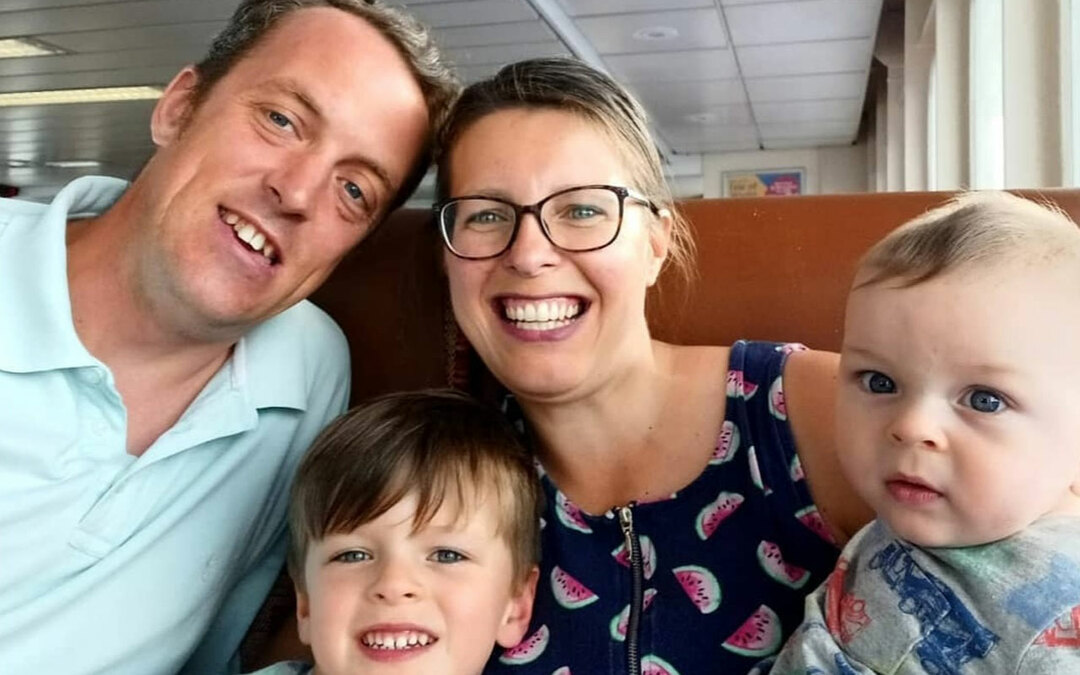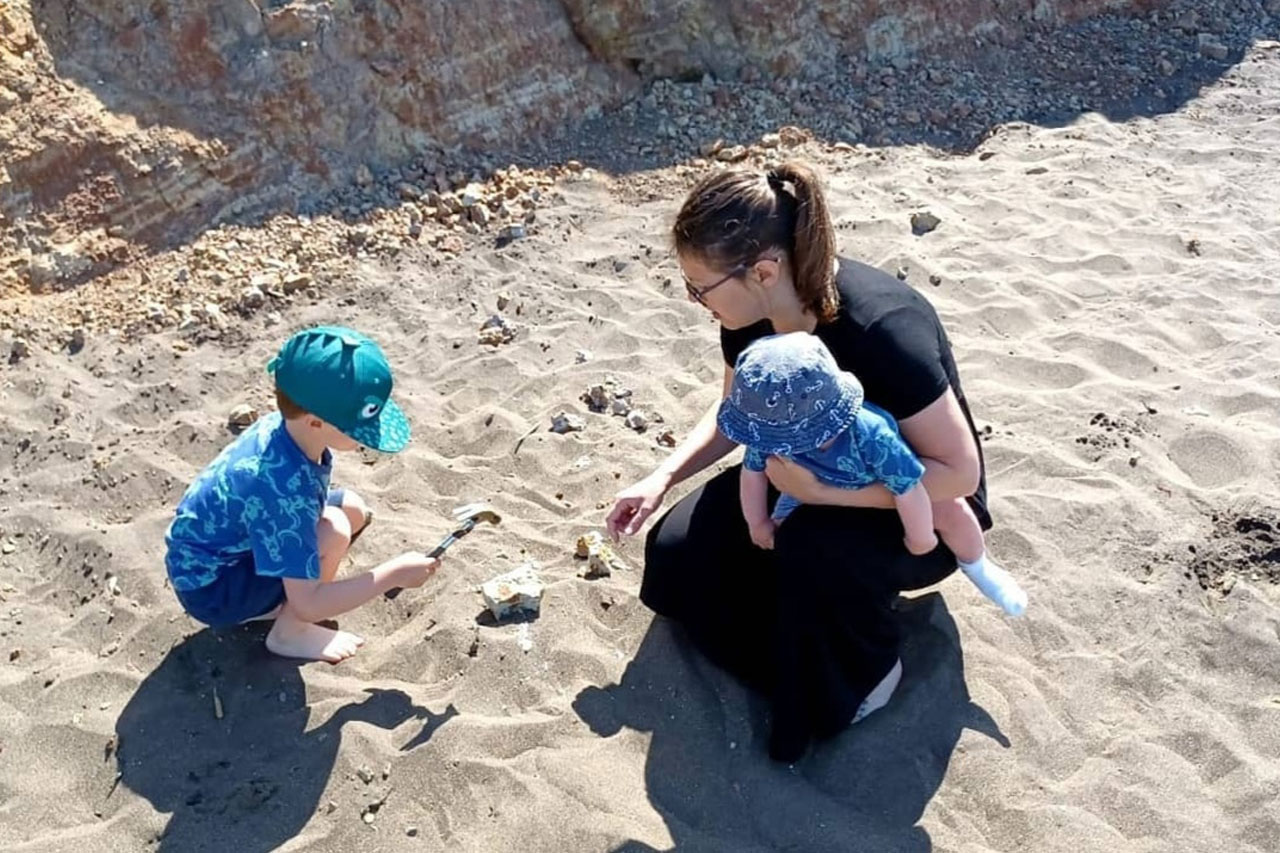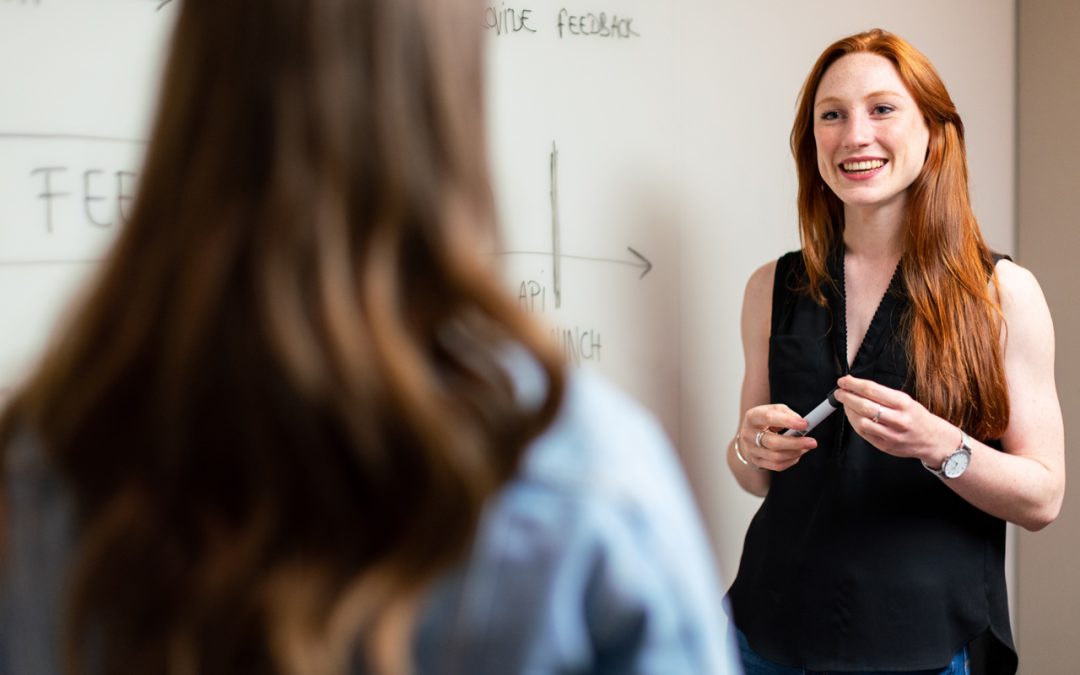Marketing in the new normal: Staying on track.
Surely one of the most annoying phrases to come out of the global pandemic has been the “new normal” and yet it is probably the best way to describe the situation. There are so many changes which would have been almost unimaginable in January. We’re all adjusting – who hasn’t forgotten their face mask and hand sanitiser at some point? Businesses, charities and other organisations are no different. How do you continue your marketing in such “unprecedented” (another fantastic coronavirus phrase) times? In the first of two articles, we share how to keep your organisation’s marketing on track at this time.
Don’t abandon your online community
If you read our post towards the beginning of lockdown on how to continue marketing during coronavirus pandemicyou will have seen that staying online was of vital importance. As more places begin to open up and life gets back to the familiar patterns of busy-ness it can be tempting to spend less time cultivating your online community but as with growing anything, you only get out what you put in. The less content you produce, the fewer people will see it and engage with it then the various social media channel algorithms will mean what you do produce is shown to even fewer people which means less interaction and so this vicious cycle continues. If you know that you won’t have time to dedicate to your online presence, make sure you delegate it to someone else in your organisation or outside of it, for example we devise, create and manage social media for a number of clients. We can also keep your website up to date with news as well as the behind the scenes updates too.
Don’t forget those who are still shielding
Keeping your online community alive is also vital for those customers who are still shielding or anxious about going out. Although the government says shielding has finished this is not always the case – especially for those on immune suppressants, receiving cancer treatment or with long term health conditions. As autumn turns to winter, we can expect more people to go back to shielding. Don’t forget these customers – they still want to buy, give and engage with the organisations and brands they love.
Let visitors know what to expect
Look at reopening your site(s) as an opportunity to talk about the new things that are happening, mention the innovations your organisation is leading, along with all the things your customers already love about what you do. Social media and your website are great places to let your stakeholders know what they can expect when they visit. You will already have new procedures in place for social distancing and staying ‘covid-19 secure’; make sure your visitors know this. For example, will visitors be able to use toilets? Is there a one-way system in place? What about track and trace? The more information you can give people the more confident they will feel about visiting. A frequently asked questions section on your website is a great place for all this information. Providing an email address or telephone number for any questions is also a good idea – providing they will be answered in a timely manner.
Expect the unexpected
These are uncertain times and we have to expect a fluctuation in restrictions. Given the government’s recent announcements about additional restrictions lasting at least the next six months, it’s a good idea to be prepared for further localised lockdowns and changes to daily life. Spend time planning how your business will deal with changes. Then when required, make sure you let your customers know what you are doing and what to expect. For example, if you are a small café now facing having to take orders at tables instead of counter service let your customers know how you will be doing this: remind them that tables will still socially distanced and that they need to wear a face mask upon entry until seated. Then once seated a colleague, wearing a face mask, will come to them to take their details for track and trace plus their order which will be delivered to them once ready etc. Or if you have an app for customers to use explain where to download it from and how to use it. ‘Explainer’ videos can be great for this. If you need support with creating video or any other content, we can help.
How has your marketing changed in the last six months? What plans have you got for your marketing in the next six months?







